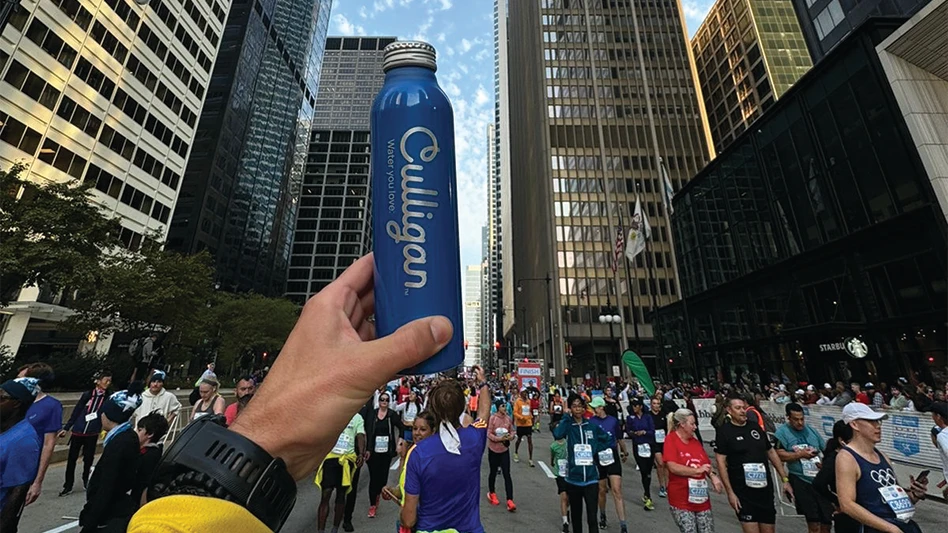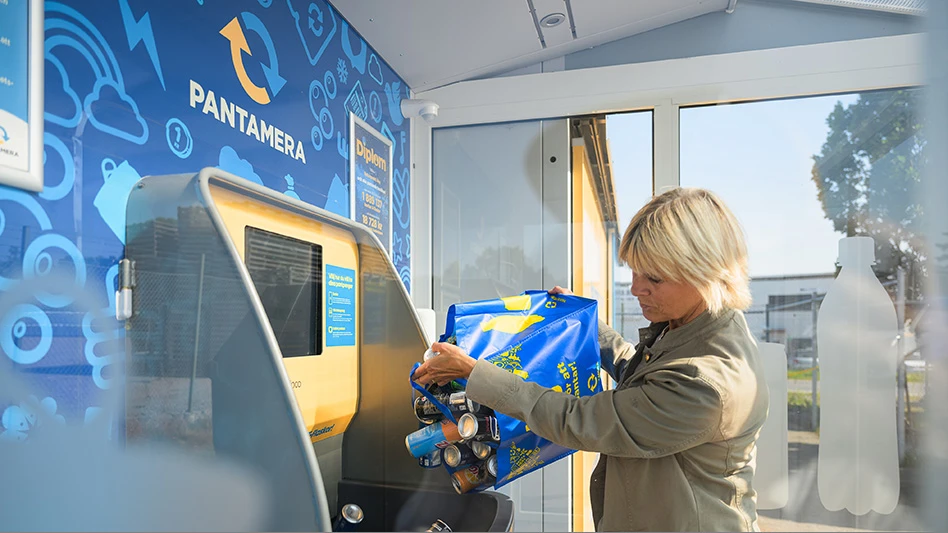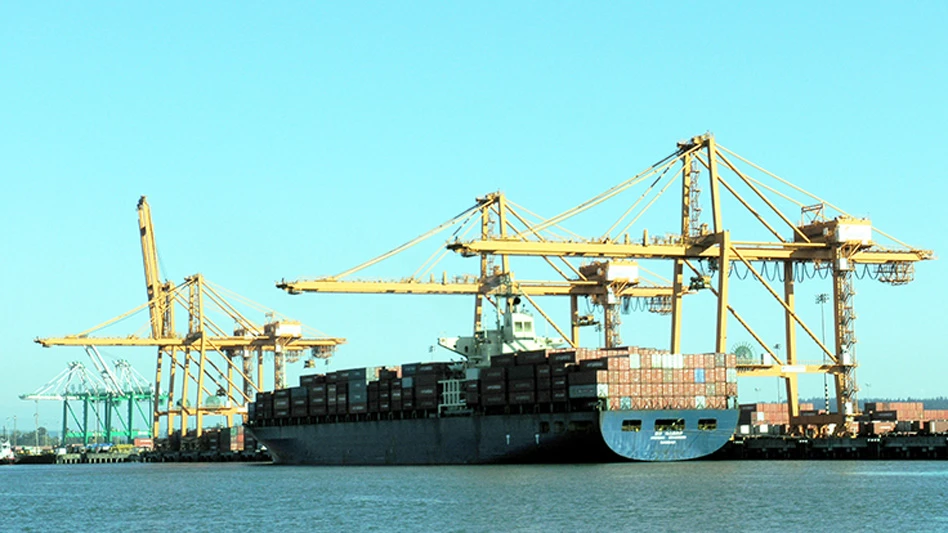Scott Saunders transitioned from the metals recycling sector to plastics recycling in 1994, which was just after KW Plastics, Troy, Alabama, began recycling post- consumer plastics. He joined the company as director of raw material procurement. In 2002, Saunders became director of raw material procurement and resin sales. Five years later, he was named general manager of the company and continues to serve in that role today.
In the Q&A that follows, Saunders shares his experiences in the industry and his advice for newcomers.
How have you seen plastics recycling change over the years?
When I started, postconsumer plastics recycling consisted of PET (polyethylene terephthalate) soda bottles and HDPE (high-density polyethylene) milk bottles. Today, the market has grown to include HDPE mixed color bottles for detergent, PP (polypropylene) tubs and lids, PP [bulk bags], HDPE HMW (high-molecular-weight) trays and HDPE bulky rigid containers.
What lessons have you learned about the industry that have helped you throughout the years?
Commitment to your suppliers and customers is key. We strive to be a reliable market for the scrap plastic items we purchase, and we also strive for continuous improvement of our products and services to support our customers.
Where do you see upcoming opportunities and challenges for plastics recycling?
I believe the events in China will ultimately prove to be a big opportunity for North American recyclers as volumes should grow as equipment is installed to sort 3-7 [and] 1-7 bales into segregated bales.
I see the potential for falling resin prices as new virgin resin capacity is brought online as our biggest immediate challenge.
What roles have you held over the years?
I have participated in the APR, Association of Plastic Recyclers, for about 20 years. I have served on various committees and am currently chairman of the board of directors. I also recently joined ISRI (Institute of Scrap Recycling Industries) and am a member of its board of directors.
How has KW Plastics evolved over the course of your career?
The first month I worked at KW, we purchased a total of 50 trailer loads of HDPE scrap. Today, we purchase on average 1,500 loads of HDPE and PP scrap per month. KW has invested heavily in processes and equipment to allow us to grow as the scrap plastic market has evolved and grown.
Sponsored Content
Labor that Works
With 25 years of experience, Leadpoint delivers cost-effective workforce solutions tailored to your needs. We handle the recruiting, hiring, training, and onboarding to deliver stable, productive, and safety-focused teams. Our commitment to safety and quality ensures peace of mind with a reliable workforce that helps you achieve your goals.
What is one of your proudest professional accomplishments so far?
I would have to say launching the tub and lid program at KW. Before 2012, PP tubs and lids were primarily sold in a 3-7 pack to Asia. KW developed a process to handle this material, and in 2018 we will purchase almost 80 million pounds of tubs and lids.
What misperceptions about plastics recycling do you wish you could debunk?
That plastics recycling is part of the problem, not part of the solution. Today, ocean plastic is the hot topic and most of the articles talk about the failure of recycling to solve this problem. While recycling alone will not solve this issue, in my opinion it will be a major contributor to the solution.
Who has served as your role model or mentor?
My father, who died in 2005, was a great mentor to me. He spent his entire career in metal recycling and, early in my career, he gave me a great understanding of how raw material markets operated.
What advice can you offer to younger plastics recyclers entering the market?
Find a market segment that has critical mass, has a problem and find a solution. If you can offer the market a solution, you can have a great career.
Get curated news on YOUR industry.
Enter your email to receive our newsletters.

Explore the November 2018 Plastics Recycling Issue
Check out more from this issue and find your next story to read.
Latest from Recycling Today
- CP Group announces new senior vice president
- APR publishes Design Guide in French
- AmSty recorded first sales of PolyRenew Styrene in 2024
- PRE says EU’s plastic recycling industry at a breaking point
- Call2Recycle Canada, Staples Professional expand partnership
- Circular Services breaks ground on north Texas MRF
- Tariff uncertainty results in choppy nonferrous scrap flows
- CATL, Ellen MacArthur Foundation establish battery partnership







